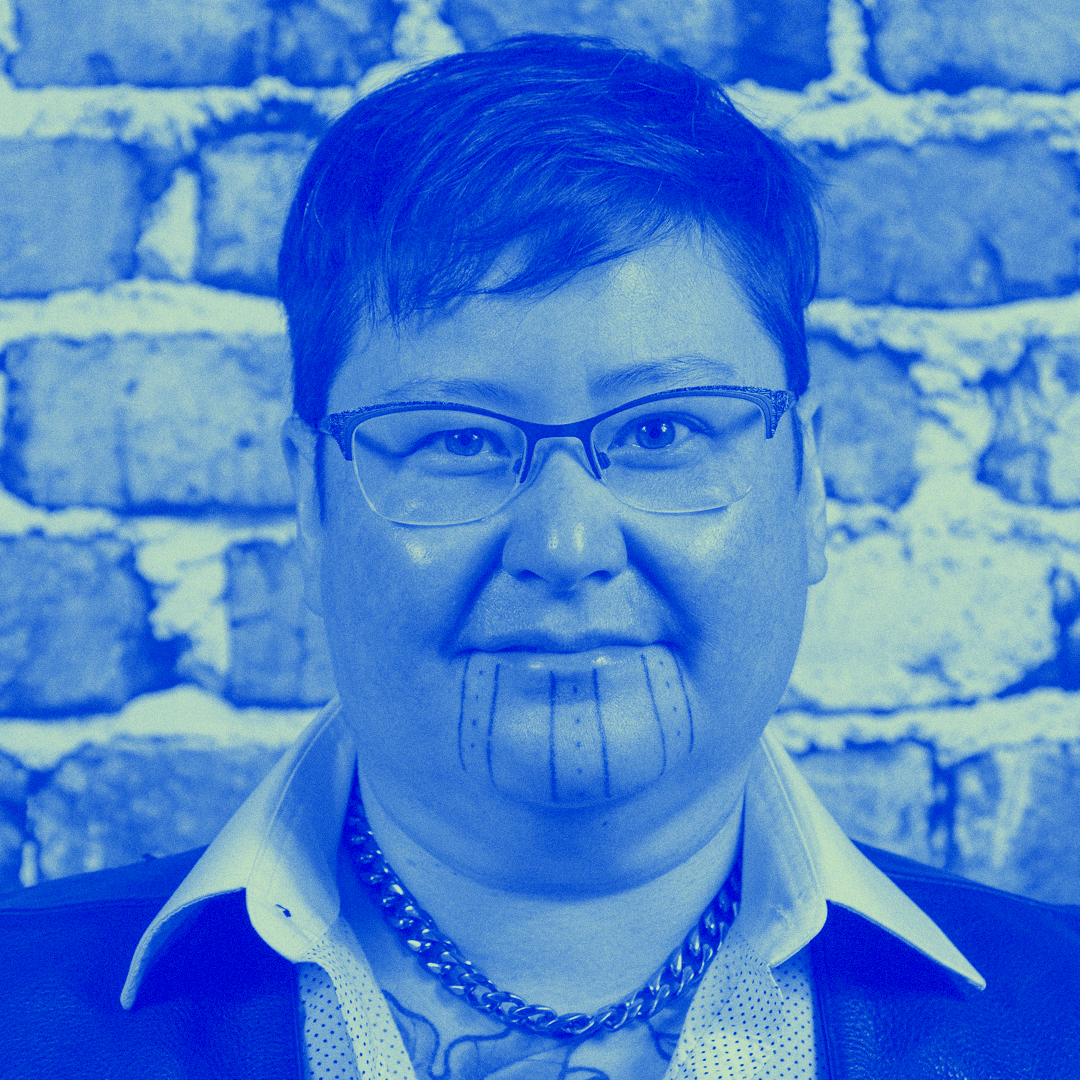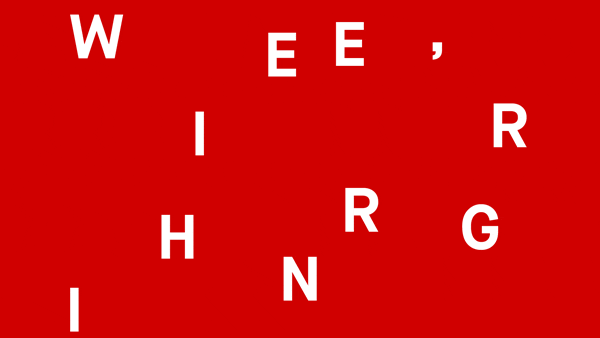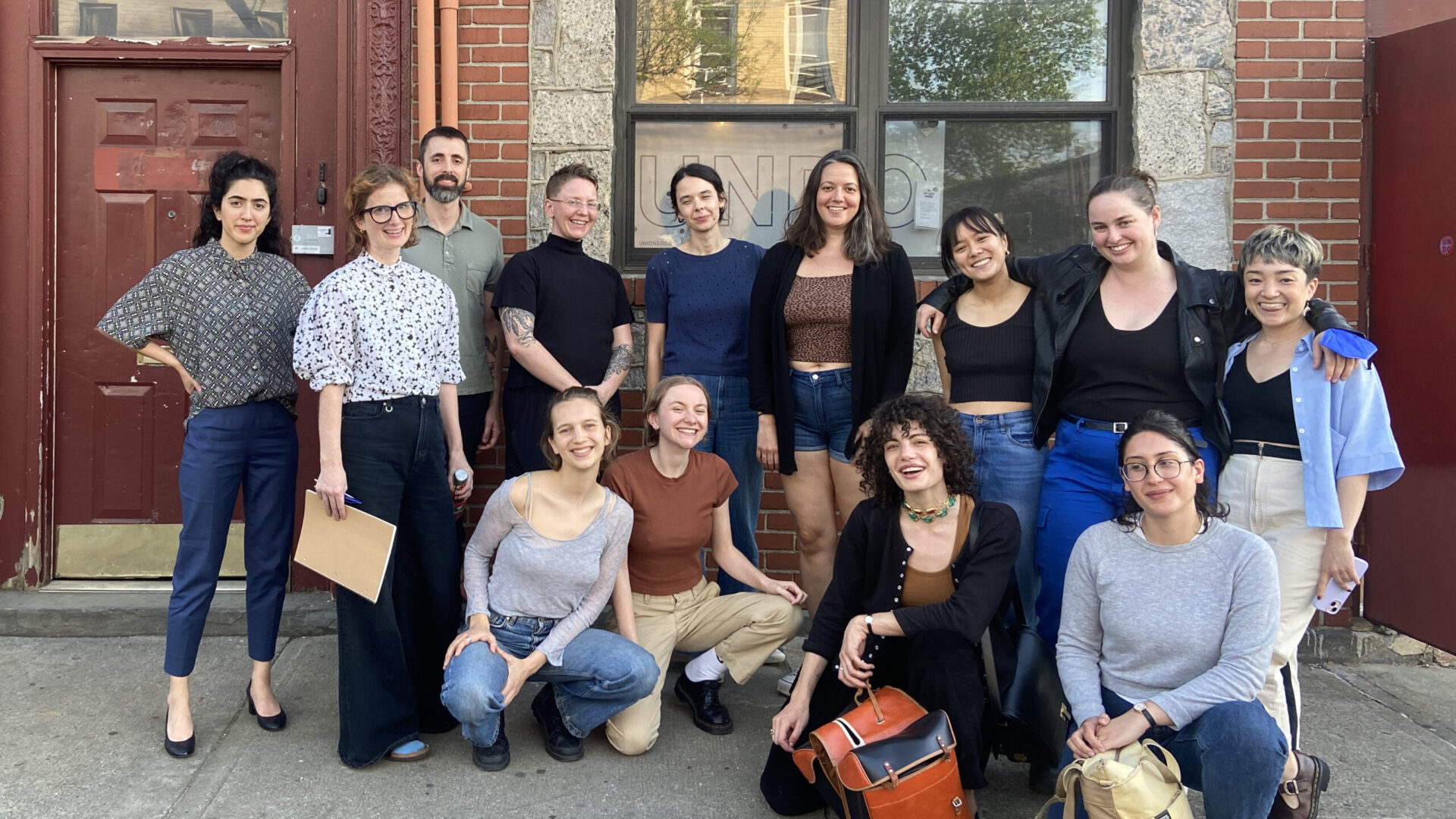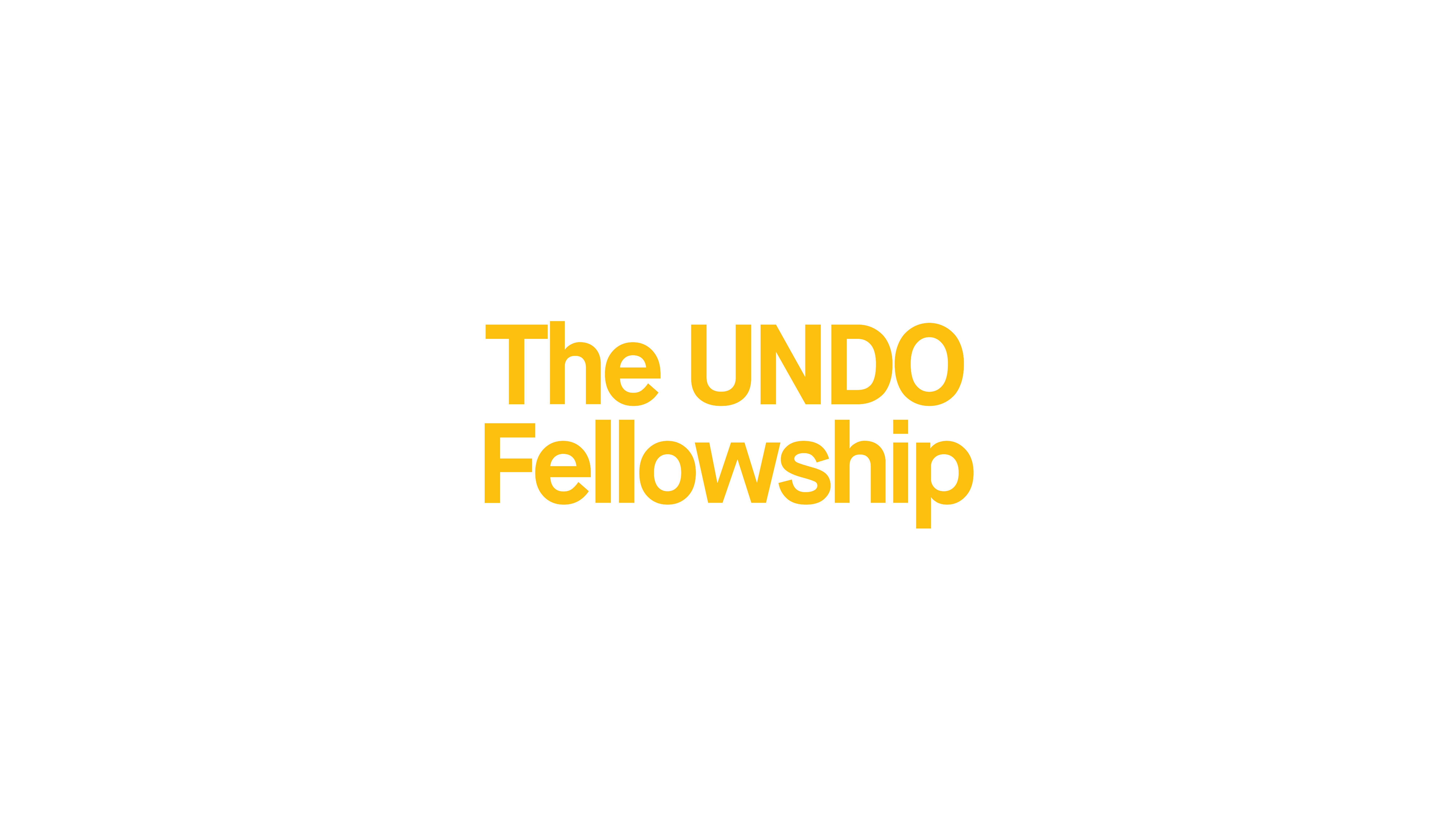
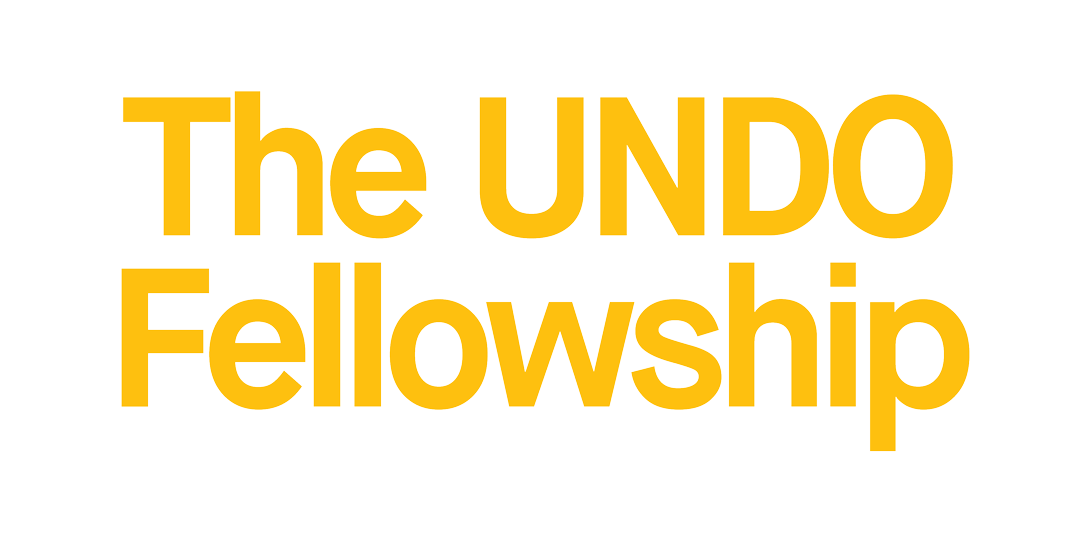
Collaborative research for new practices in documentary art.
Meet the UNDO Fellows
UnionDocs is honored to share the selection of artists and writers for the UNDO Fellowship. A chance to explore their research topics a bit below.
2020-2021 Cohort
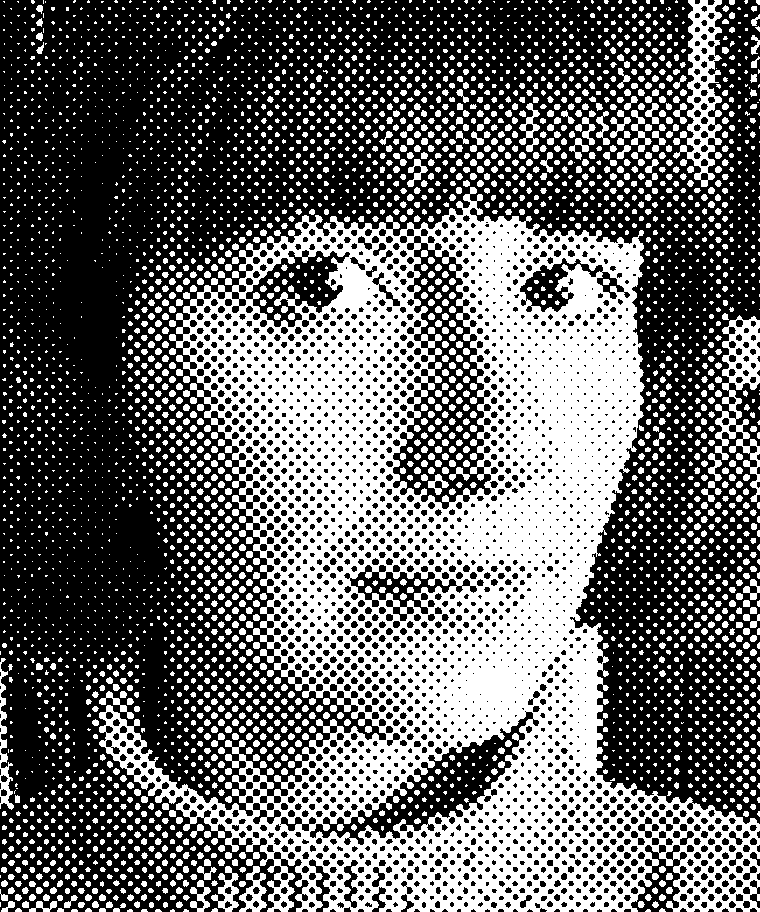
Erika Balsom is senior lecturer in Film Studies at King’s College London. She is the author of After Uniqueness: A History of Film and Video Art in Circulation and Exhibiting Cinema in Contemporary Art, as well as the co-editor of Documentary Across Disciplines. She contributes to magazines such as Artforum and Frieze, and has published in scholarly journals including Cinema Journal and Grey Room. In 2018, she was awarded a Leverhulme Prize and the Kovacs essay award from SCMS.
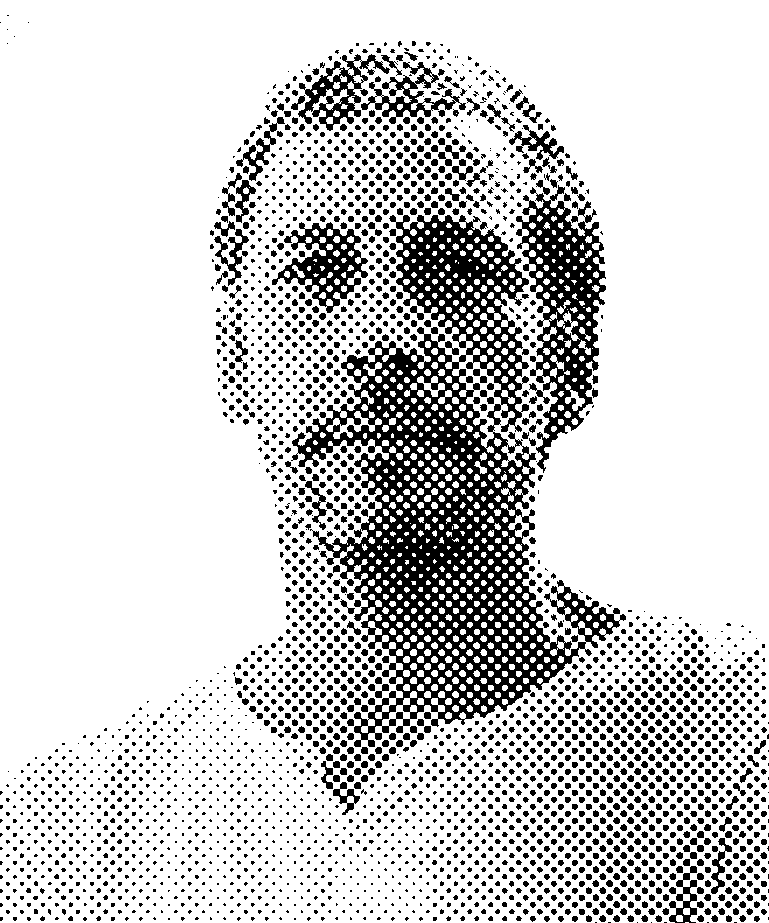
Eric Baudelaire (b. 1973, Salt Lake City) lives and works in Paris, France. After training as a social scientist, Baudelaire established himself as a visual artist often focused on social and historical research. Since 2010, he has devoted himself more seriously to filmmaking. His feature films include Also Known As Jihadi (2017), Letters to Max (2014), The Ugly One (2013) and The Anabasis of May and Fusako Shigenobu, Masao Adachi and 27 Years Without Images (2011).
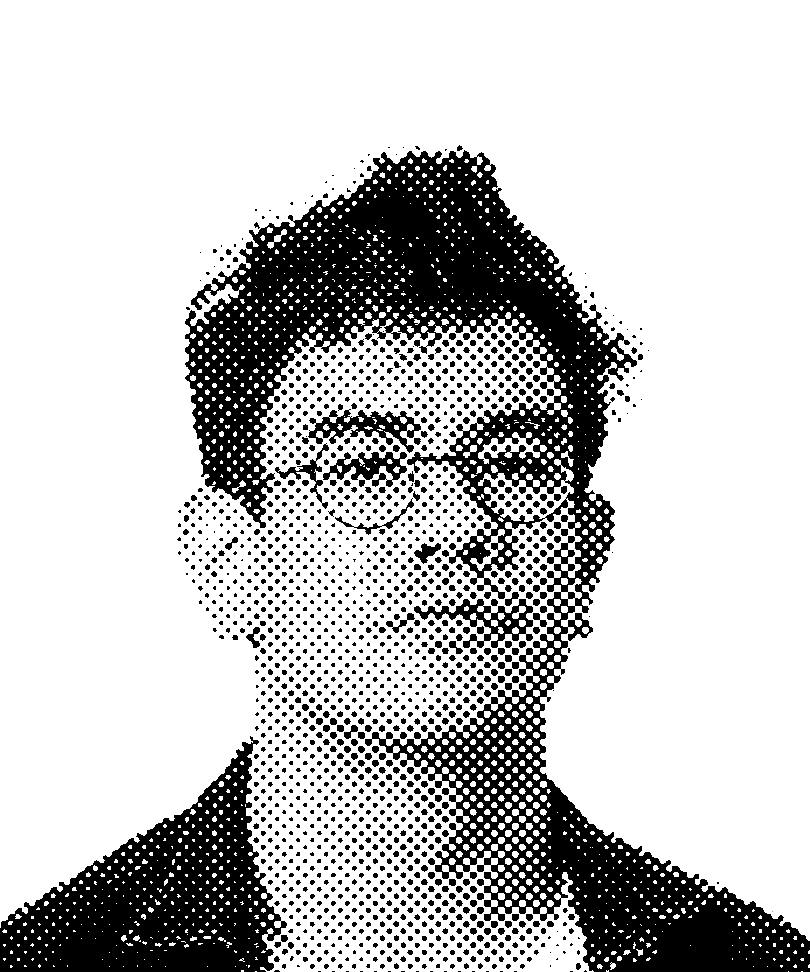
Matthew Shen Goodman is a writer and a senior editor at Triple Canopy.
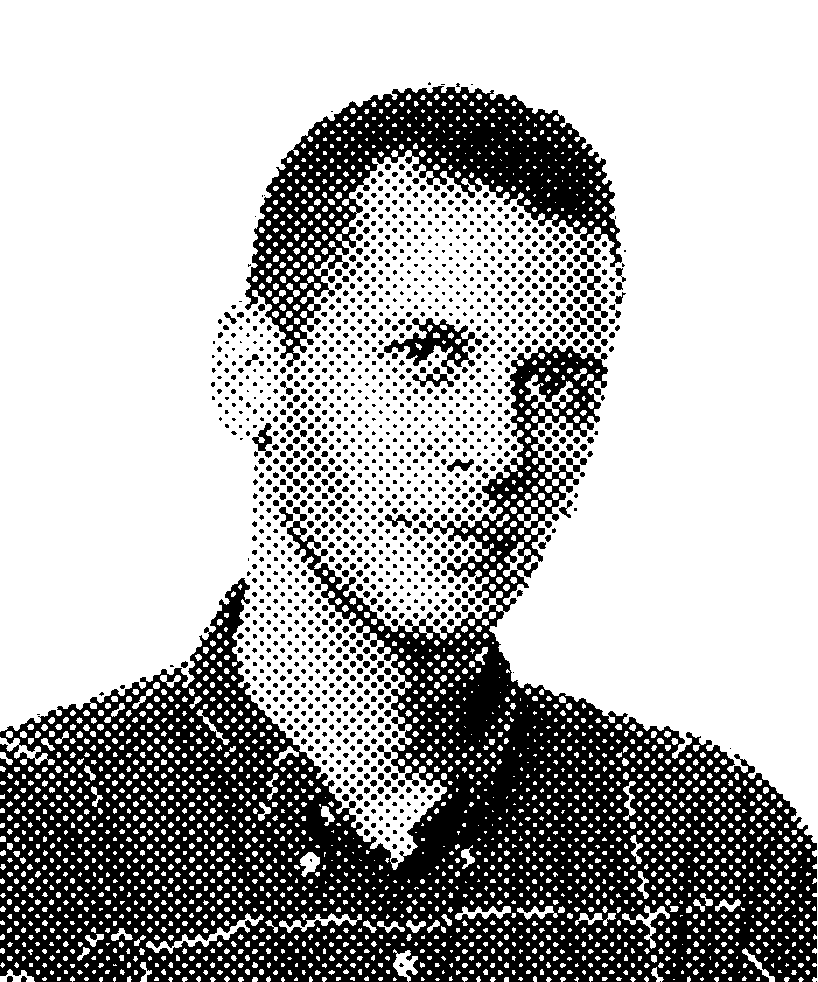
James N. Kienitz Wilkins is a filmmaker and artist based in Brooklyn. His work has premiered at international film festivals including Berlin, TIFF, Locarno, Rotterdam, NYFF, CPH:DOX, BAMcinemaFest, New Directors/New Films, and beyond. In 2017, he was included in the Whitney Biennial and a retrospective of his work was showcased at RIDM (Montréal). He has had solo exhibitions at Gasworks (London), Spike Island (Bristol, UK) and currently, Kunsthalle Winterthur (Switzerland).
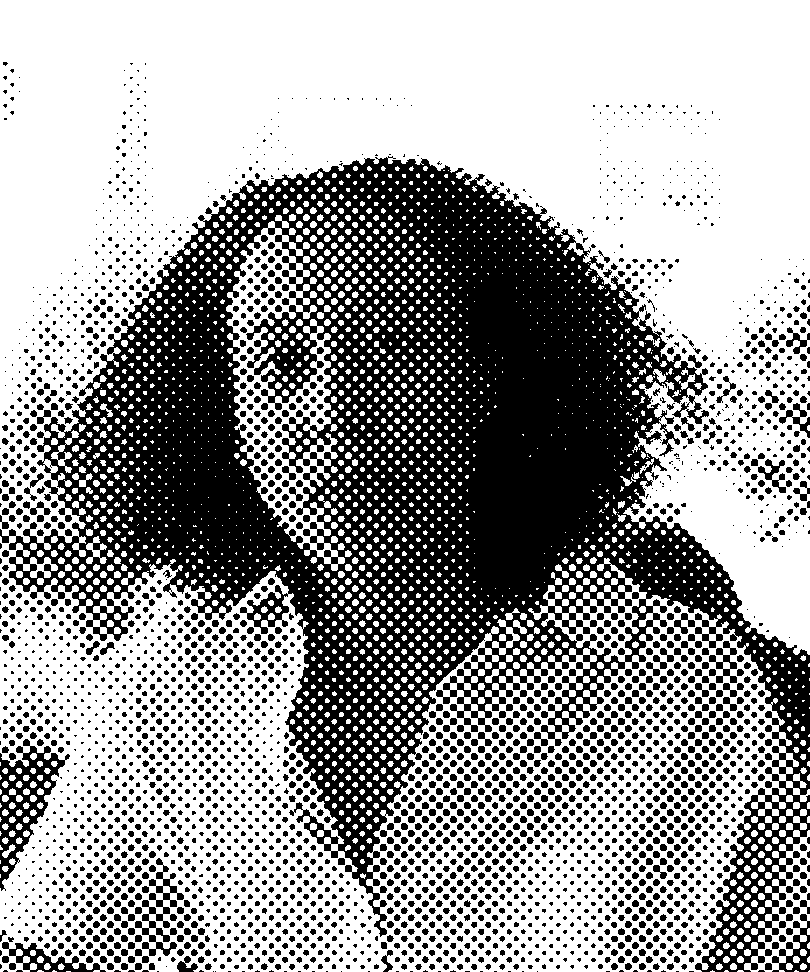
Madeleine Hunt-Ehrlich makes work about the private lives and worlds of Black women. Her practice is rooted in archival research and field research, which then gets translated through a writing process, and then finally a filmmaking process that includes narrative, documentary and experimental film techniques. This means working closely with archives that until recently did not preserve or respect black voices and thinking about how to represent histories that have been neglected.
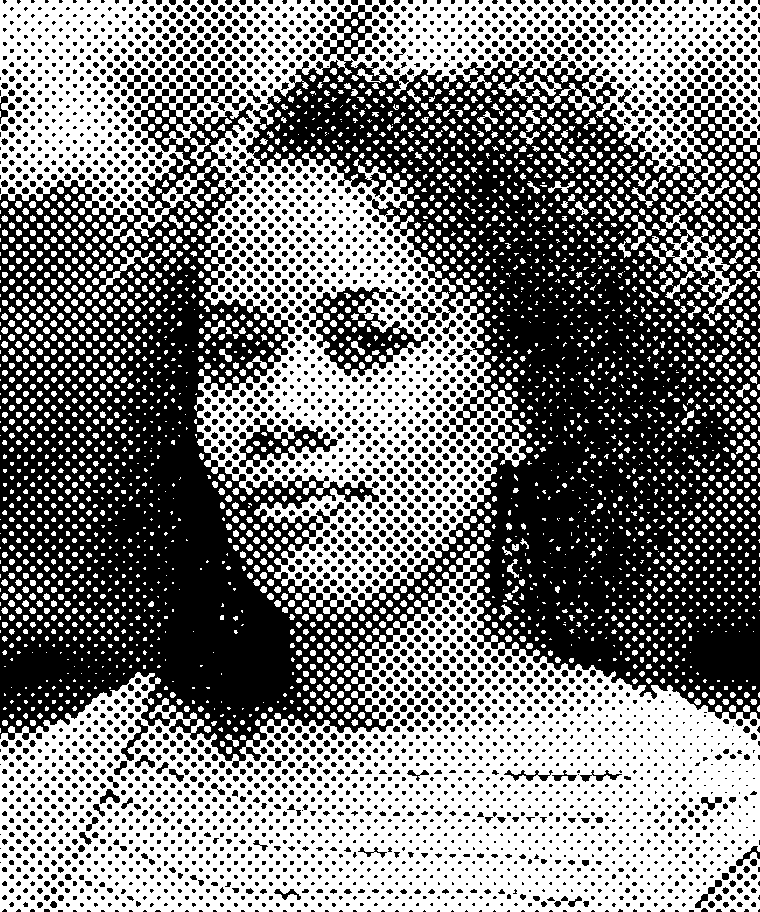
Nzingha Kendall is a film scholar and programmer. Her work focuses on moving images by black women from across the diaspora. She has a PhD in American Studies and is currently a postdoctoral fellow at the Carter G. Woodson Institute for African American and African Studies at the University of Virginia.
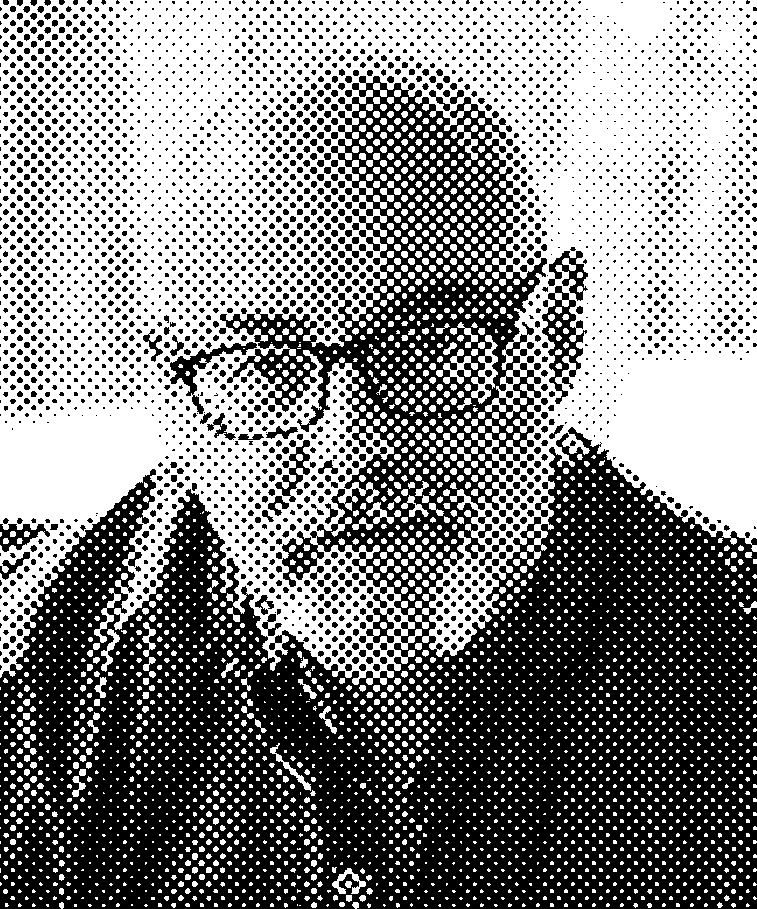
Steve Reinke is an artist and writer best known for his monologue-based video essays. He has authored two books, co-edited four anthologies, and written dozens of essays, mostly on artists’ film. He is a professor of Art Theory and Practice at Northwestern. His work is represented by Galerie Isabella Bortolozzi, Berlin.
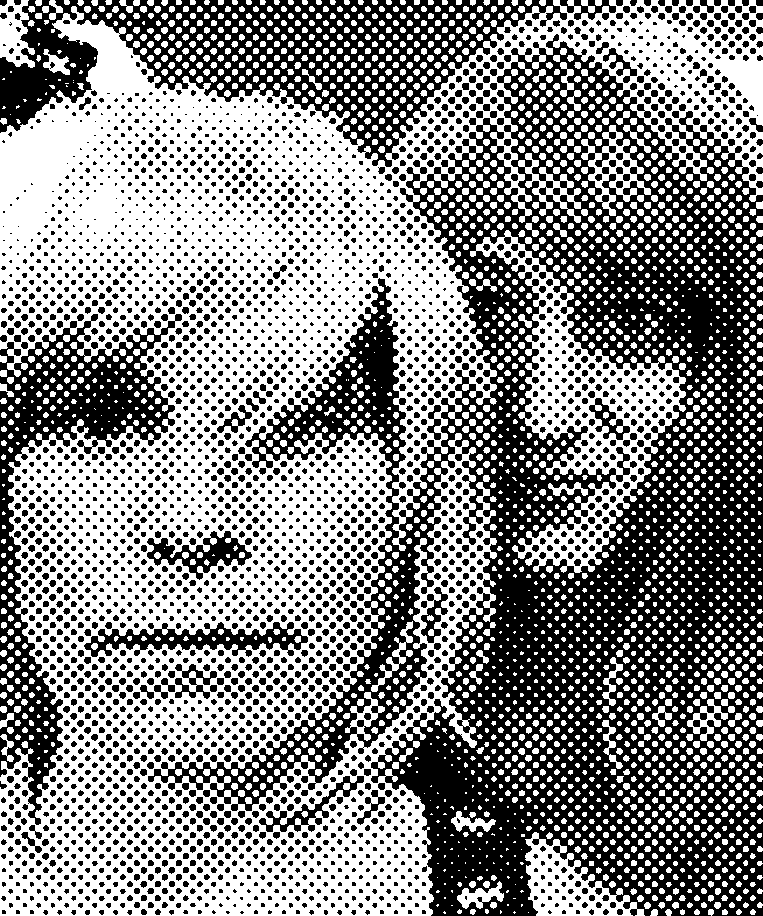
Dani and Sheilah ReStack have embarked on an artistic relationship that is formally and emotionally adjacent to their domestic lives, a quotidian zone they share with their young daughter Rose. Both artists have established careers on their own. Neither Dani’ video work or Sheilah’s multimedia performance and installation work could exactly prepare us for the force of the women’s collaborative efforts. – Michael Sicinski, CinemaScope, 2017. ReStack collaborations have shown at the 2017 Whitney Biennial, Iceberg Projects Chicago, Toronto International Film Festival, Images Film Festival, Toronto, Lyric Theater, Carrizozo, NM, Leslie Lohman Project Space, Gaa Wellfleet, New York Film Festival and The Columbus Museum of Art, Ohio. They have received grants from the Canada Council for the Arts, Ohio Arts Council and Visual Studies Workshop, NY. They have been residents at The Headlands in Marin County and their newest video Go Ask Joan was made at the MacDowell Colony this summer.
2020-2021 Topics
Languages of Liberation
Scholar Erika Balsom and filmmaker Eric Baudelaire propose to explore how the revolutionary languages of the 1960s and 1970s – languages of documentary filmmaking, artistic expression and political action alike – resonate today. How have the energies of this moment persisted and mutated? How can they provide a resource for thinking through the urgencies of the present, for the future? In a moment when hope for political transformation feels increasingly necessary, what forms and acts can best respond to the need to re-imagine reality? View UNDO Study Group Trailer.
Shape Shifts
Writer and editor Matthew Shen Goodman and filmmaker James N. Kienitz Wilkins ask what is the value of appropriation today? While the term has become shorthand for a singular kind of cultural misappropriation, creative adoption in film, art and writing has also been a radical gesture of critique and a means of drawing attention to conditions of production. By tracing a genealogy inside and outside of film and rethinking the potential of such acts, they hope to develop a discourse around appropriation that would enliven it as a tool for artists, activists, and anyone else considering the politics of claiming something as one’s own. View UNDO Study Group Trailer.
Archive Repair
Film scholar and programmer Nzingha Kendall and filmmaker Madeleine Hunt-Ehrlich propose to explore alternative narrative-making grounded in radical black intellectual production, responding to what Saidiya Hartman refers to as “silence in the archive.” They ask how can black storytellers work in the realm of reality when traditional records of reality historically rendered black subjecthood invisible? How might the transparency imposed on minoritized subjects be resisted by employing gaps and fragments to achieve strategic opacity? By interrogating film form and genre, they seek to extend possibilities for moving images to resuscitate embodied, spiritual, and coded understandings of black experiences. View UNDO Study Group Trailer.
Embodied Existence
Essayist and artist Steve Reinke will join collaborative artists Dani and Sheilah ReStack to think through a queered phenomenological discourse of documentary practice that asks what an artist does with the world? Building from Restack’s “feral domesticity,” Reinke expands into an exploration of how “feral subjectivity” — a hybridized approach to filmmaking, one that mode-shifts between approaches — opens up a new set of possibilities for representing the endlessly complex plenitude of being in the world, and reinscribes that representation with the physical, sensual processes of an embodied existence. View UNDO Study Group Trailer.
2022-2023 Cohort
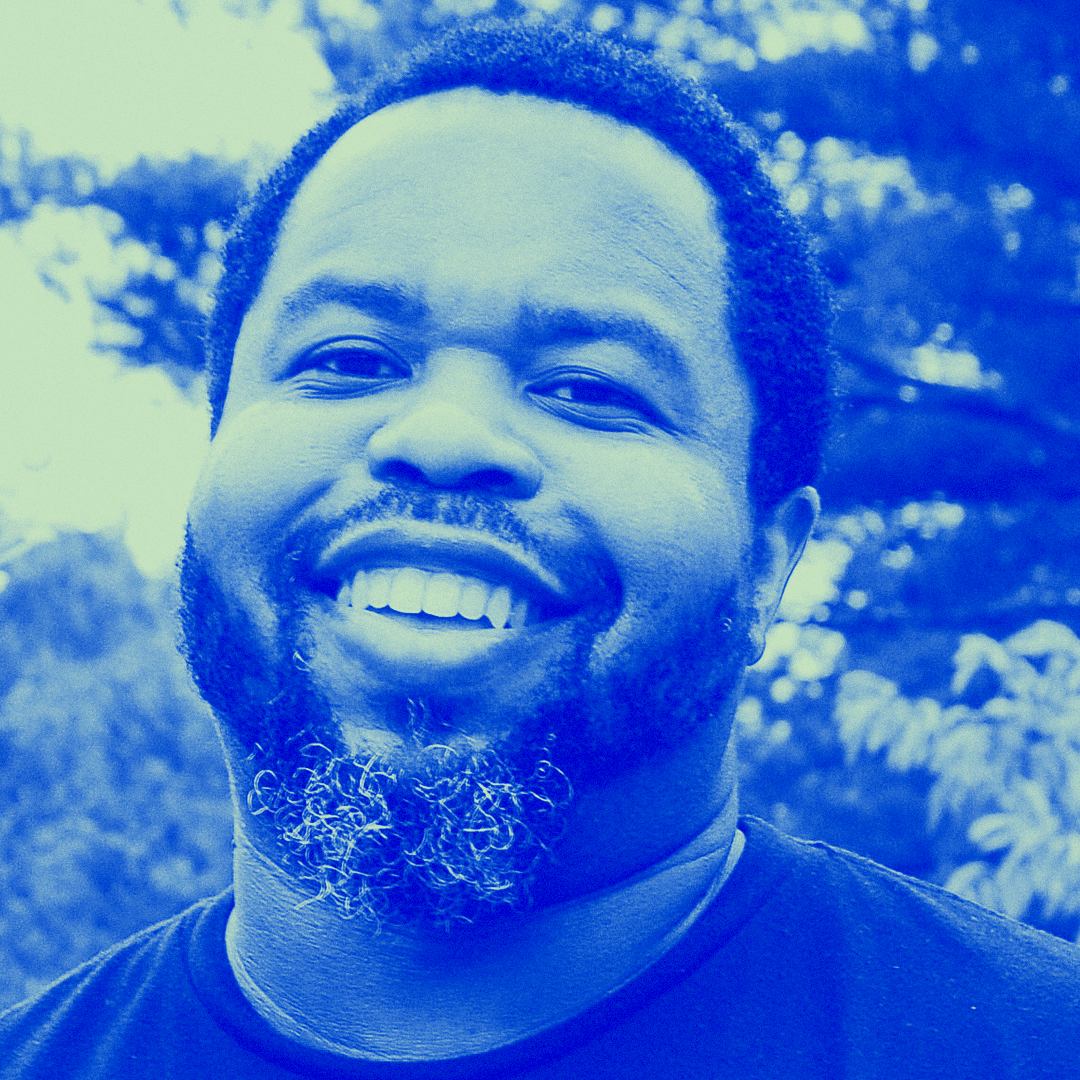
Ashon Crawley is a writer, artist and teacher, exploring the intersection of performance, blackness, queerness and spirituality. He is associate professor of Religious Studies and African-American and African Studies at the University of Virginia. His is author of Blackpentecostal Breath: The Aesthetics of Possibility (Fordham University Press) and The Lonely Letters (Duke University Press). He is currently at work on a book about the practice of contemporary Black life as a spiritual disposition, posture, gesture and relation; and a short story collection and a nonfiction volume, both about the Hammond B3 organ, the Black church and sexuality. A MacDowell interdisciplinary arts fellow, he is at work on an art installation featuring light sculpture and sound that serves as a memorial to blackqueer spiritual life, musicianship and erasures from official narratives.
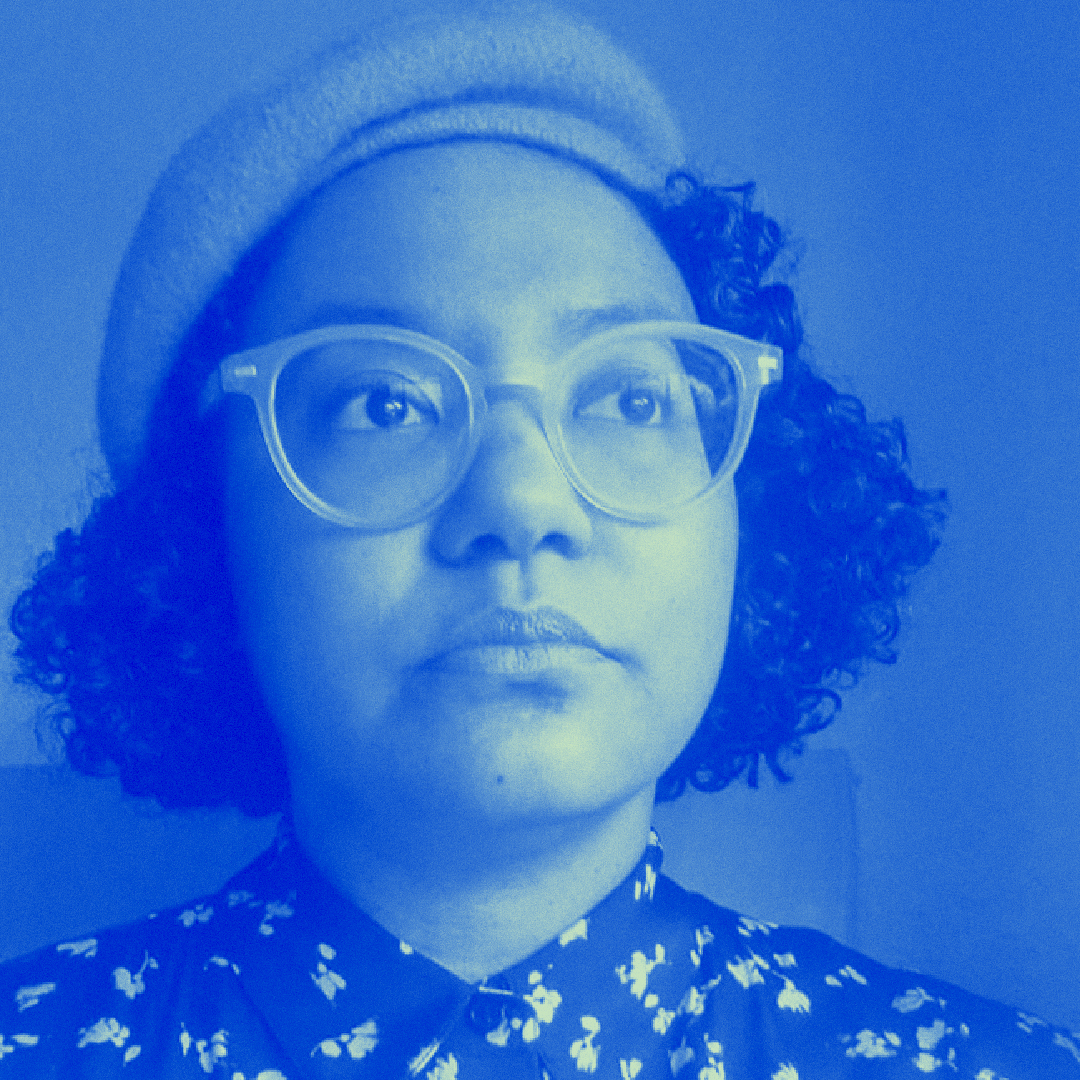
Crystal Z Campbell is a multidisciplinary artist, experimental filmmaker, and writer of African American, Filipino, and Chinese descents. Campbell finds complexity in public secrets—fragments of information known by many but untold or unspoken. Select honors include the Pollock-Krasner Award, MAP Fund, MacDowell, Skowhegan, Rijksakademie, Whitney ISP, Franklin Furnace, OVAC Art 365, and Flaherty Film Seminar. Exhibitions/screenings include SFMOMA, Drawing Center, ICA-Philadelphia, REDCAT, Artissima, Studio Museum of Harlem, Project Row Houses, and SculptureCenter, amongst others. Founder of archiveacts.com, Campbell was a 2020-2021 Harvard Radcliffe Film Study Center & David and Roberta Logie Fellow and is currently a Distinguished Scholar at the University of Buffalo. A 2021 Guggenheim Fellow in Fine Arts, Campbell lives and works in New York & Oklahoma.
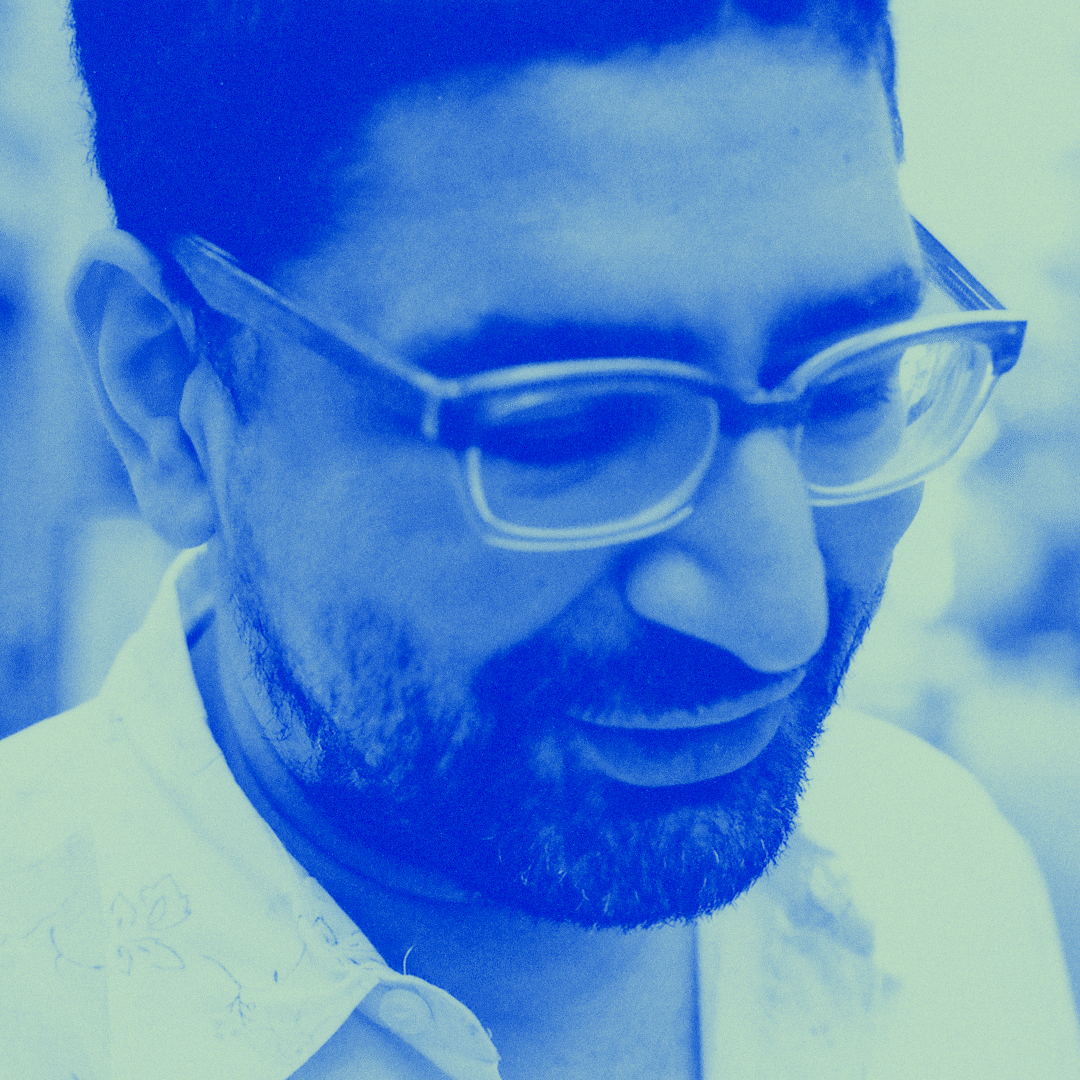
Sukhdev Sandhu is the author of London Calling: How Black and South Asian Writers Imagined a City (HarperCollins), I’ll Get My Coat (Book Works), Night Haunts (Verso), Other Musics (MoMA). His writings – on documentary and international film, experimental music, migrant aesthetics – have appeared in journals such as Film Comment, Frieze, Artforum, Art in America, The Wire, 4Columns, The Guardian, and Suddeutsche Zeitung. He is an Associate Professor at New York University where he also directs the Colloquium for Unpopular Culture.
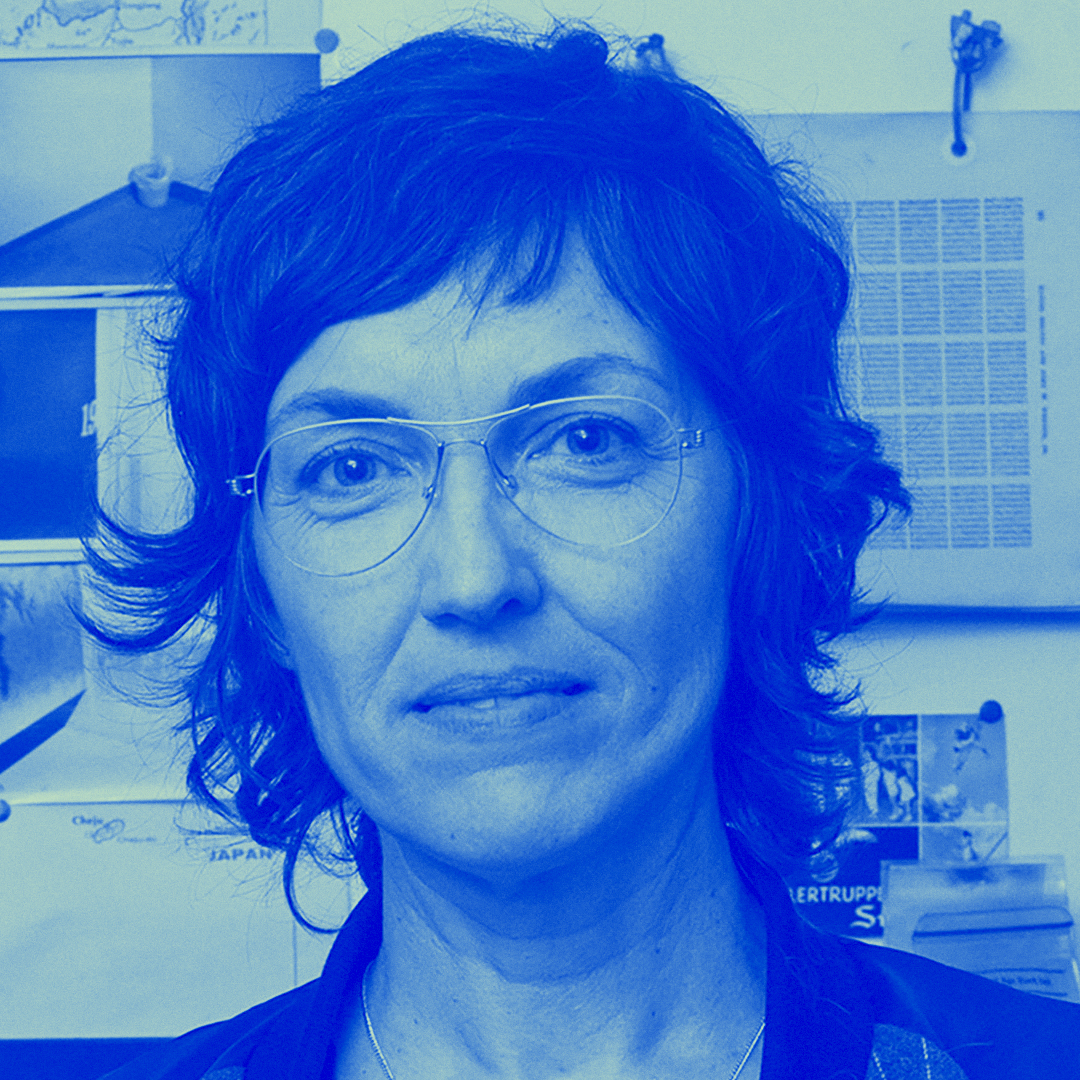
Deborah Stratman makes films and artworks that question power, control and belief, considering how places, ideas, and society are intertwined. She regards sound as the ultimate multi-tool, and time to be supernatural. Recent projects have addressed freedom, surveillance, broadcast, sinkholes, comets, raptors, orthoptera, levitation, exodus, evolution, sisterhood and faith. Stratman has exhibited internationally at venues including MoMA (NY), Centre Pompidou (Paris), Hammer Museum (LA), Austrian Film Museum (Vienna), MCA (Chicago), Whitney Biennial (NY), Flaherty Seminar and festivals including Sundance, Viennale, Berlinale, CPH:DOX, True/False, Locarno and Rotterdam. She is the recipient of Fulbright, Guggenheim and USA Fellowships, an Alpert Award and grants from Creative Capital, Graham Foundation, Harpo Foundation and Wexner Center for the Arts. She lives in Chicago where she teaches at the University of Illinois.
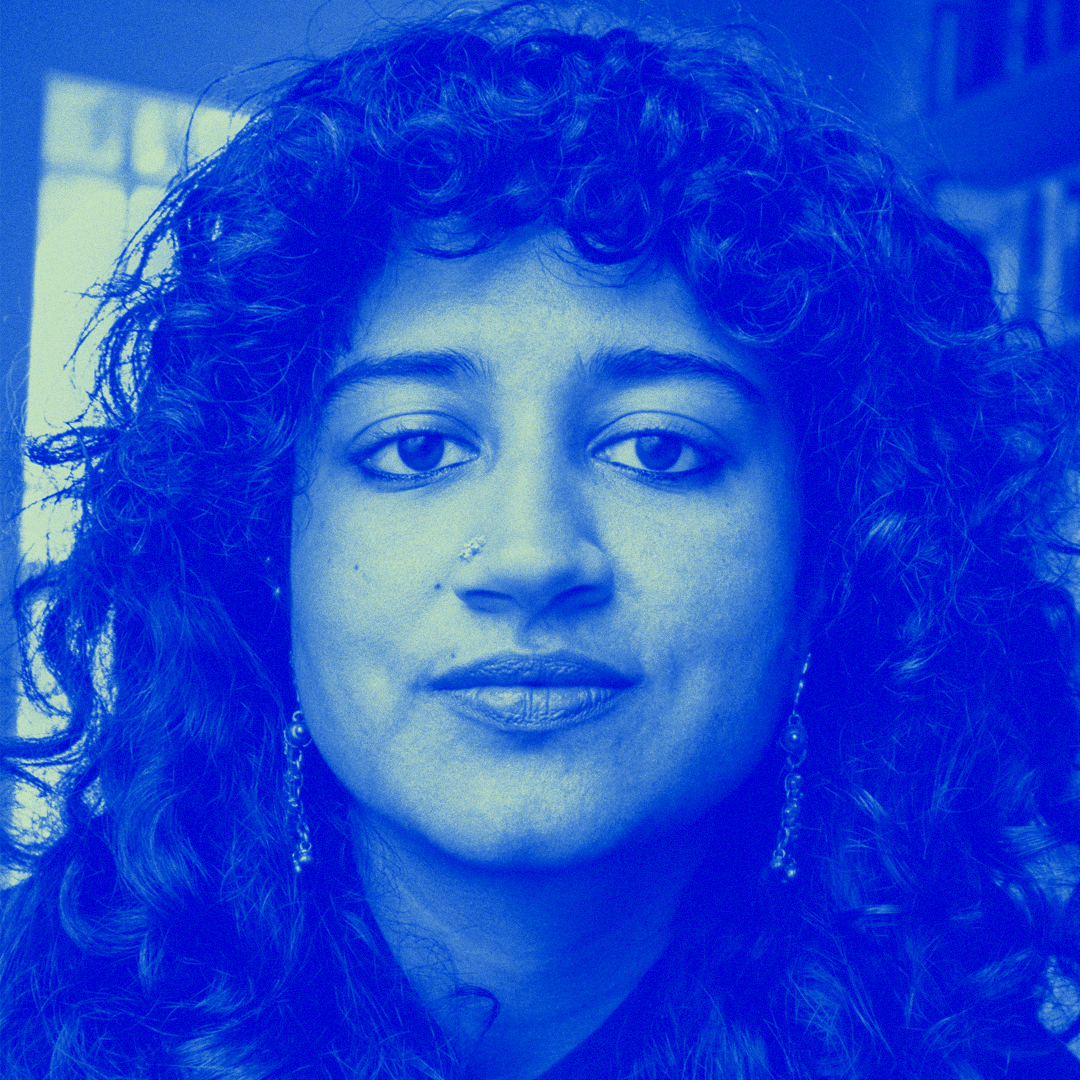
Lakshmi Padmanabhan is assistant professor in Radio/TV/Film at Northwestern University. She is co-editor of “Performing Refusal/Refusing to Perform,” a special issue of Women & Performance. Her teaching and research focus on world cinema and experimental film, postcolonial theory, feminist theory and queer theory. Her current book project addresses the ways in which feminist documentary artists from South Asia experiment with cinematic form in order to imagine a radical postcolonial ethics. Her academic writing has been published in journals including Camera Obscura and Art History, and she has contributed reviews and criticism to venues including Seen, Public Books, and Post45. She has programmed film and video at venues including BRIC Arts, AS220, and Magic Lantern Cinema.
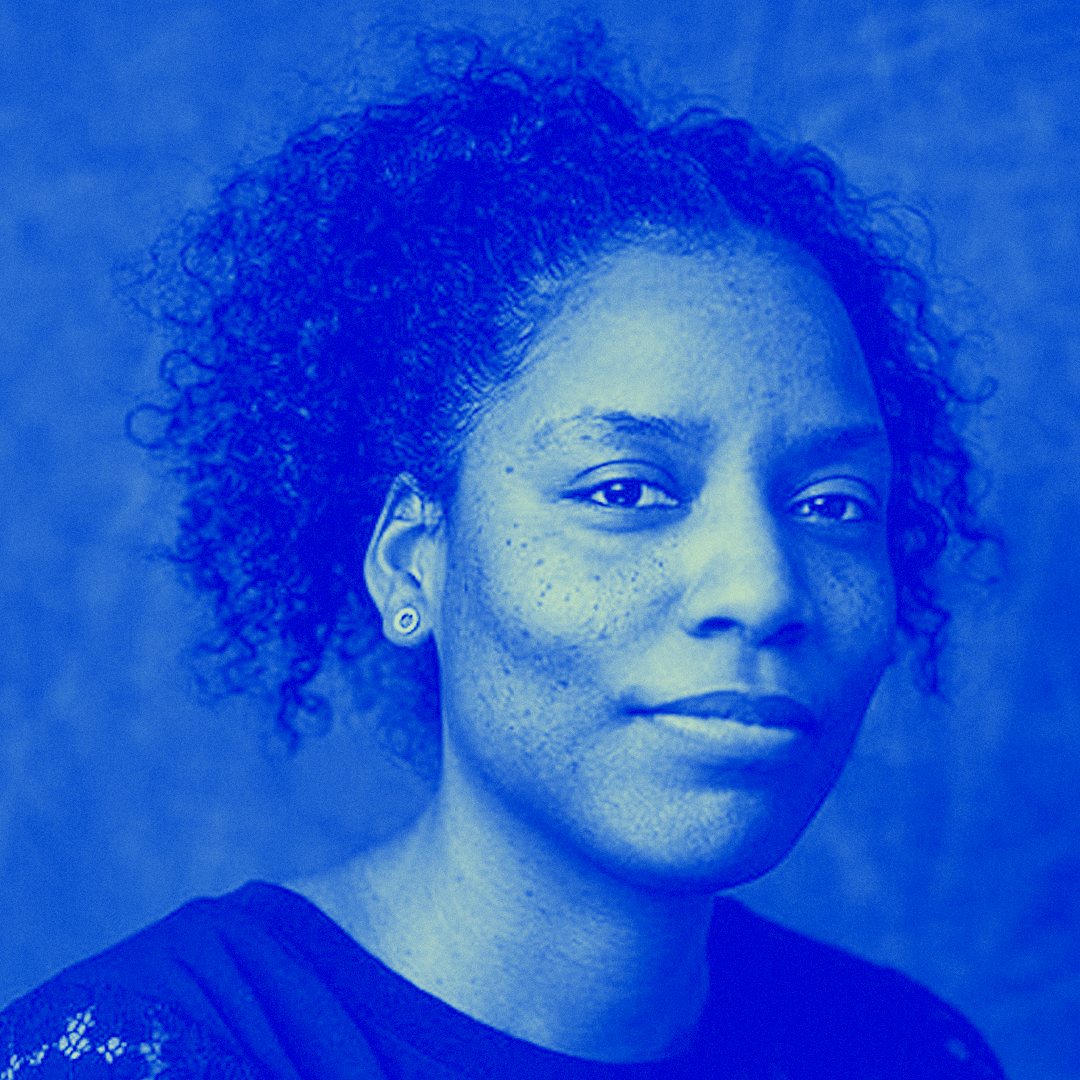
Miryam Charles is a director, producer and director of photography living in Montreal. She has produced and photographed several short fiction films as well as feature films. She is also the director of several short films which have been presented in various festivals in Quebec and internationally. She is working on her first feature-length documentary Cette maison (Talents en vue, SODEC), on short fiction film Au crépuscule (SODEC créateurs émergents), a fantastic series Jou va, jou vien (Banff/Netflix Diversity of Voices + Trio Orange) as well as a feature-length fiction film Le marabout (La forge Québec cinéma/Netflix + Voyelles Films). She is currently artist-in-residence at Concordia University and on the board of directors of RIDM, Dazibao and La Coop vidéo de Montréal.
